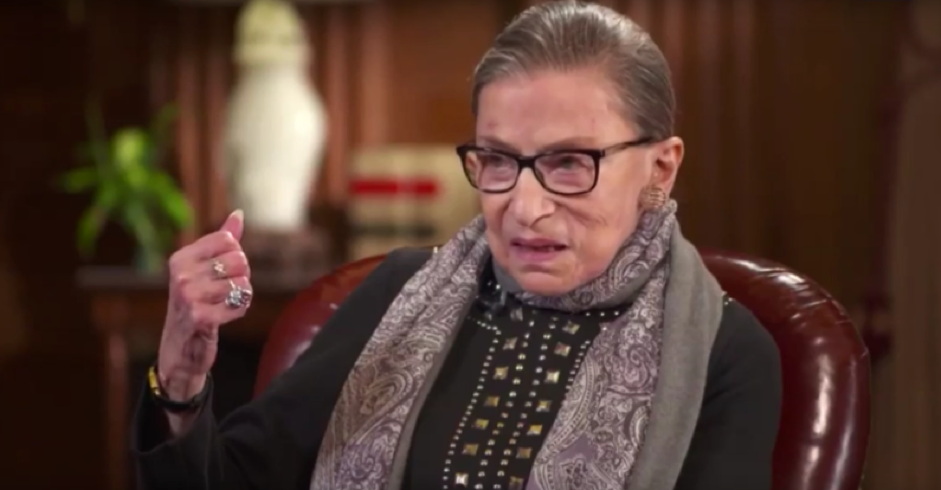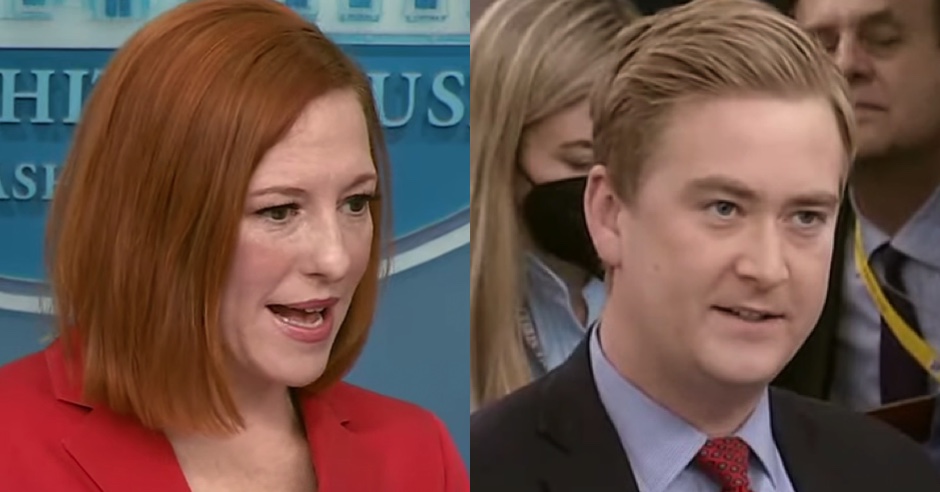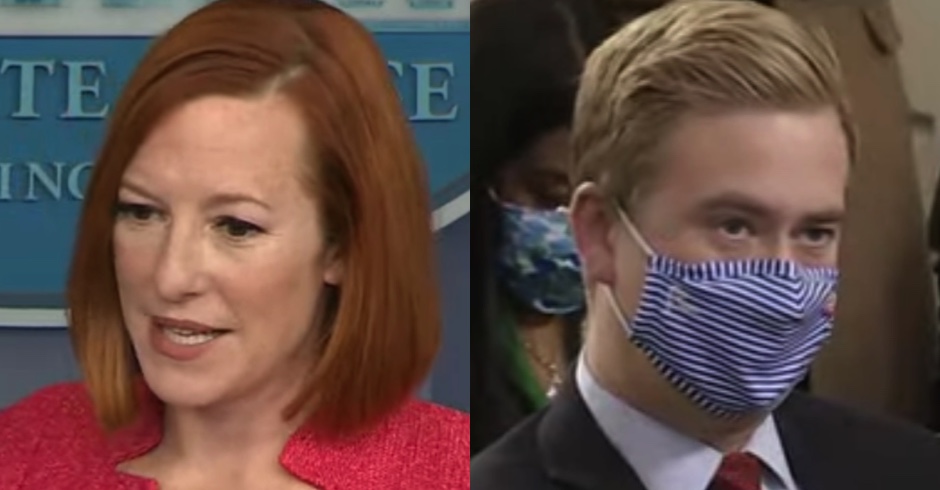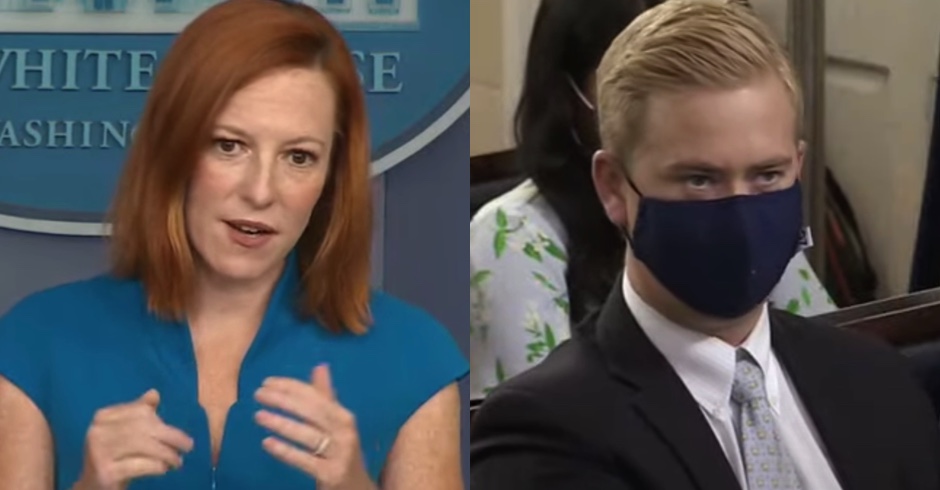WHAM!
Listen: Justice Ruth Bader Ginsburg Burns Trump’s Solicitor General During Landmark Tax Return Case

Supreme Court Justice Ruth Bader Ginsburg burned the Justice Department’s solicitor general during a hearing on President Donald Trump’s tax records.
The court heard arguments Tuesday in Trump v. Mazars USA, LLP, where solicitor general Jeffrey Wall argued that Congress should not be able to subpoena the president’s personal tax records without a clear legislative purpose — and Ginsburg fired back.
“The purpose of investigation is to frame the legislation,” Ginsburg said. “You don’t have the legislation in mind. You want to explore what is the problem, what legislative change and reduce or eliminate the problem. For example, the Ethics in Government Act, Congress may decide that it needs to beef up that legislation. It may also decide that, for financial disclosure purposes, there should be disclosure of tax returns, so those are legislative purposes, investigate to see if you need legislation of that sort.”
The justice then called out the solicitor general for holding Congress to a lower standard than the court typically held a police officer working a beat for argument’s sake.
“To impugn Congress’s motive, and even the policeman on the beat, if he stops a car and gives a reason that the car went through a stop sign, you don’t allow an investigation into what the subjective motive really was,” she said. “Here you are distrusting Congress more than the cop on the beat.”
Wall insisted he agreed that Congress had the authority to carry out investigations to determine whether legislation was necessary, but he said the standard should be higher when it involved a president’s conduct.
“When the inquiry involves the president, that you need a somewhat higher standard with respect to purpose because the room for regulating the president is so much narrower with respect to private parties,” Wall argued. “Because of the dangers of harassing and distracting and undermining the president, and that is a common theme that runs through the court cases, that the president has some measure of protection because you cannot proceed against the president as against an ordinary litigant. I’m saying Congress is not met that standard here.”
Ginsburg got in one last jab before her time ran out.
“How did that work out in the Paula Jones case?” she said.
Enjoy this piece?
… then let us make a small request. The New Civil Rights Movement depends on readers like you to meet our ongoing expenses and continue producing quality progressive journalism. Three Silicon Valley giants consume 70 percent of all online advertising dollars, so we need your help to continue doing what we do.
NCRM is independent. You won’t find mainstream media bias here. From unflinching coverage of religious extremism, to spotlighting efforts to roll back our rights, NCRM continues to speak truth to power. America needs independent voices like NCRM to be sure no one is forgotten.
Every reader contribution, whatever the amount, makes a tremendous difference. Help ensure NCRM remains independent long into the future. Support progressive journalism with a one-time contribution to NCRM, or click here to become a subscriber. Thank you. Click here to donate by check.
 |



















